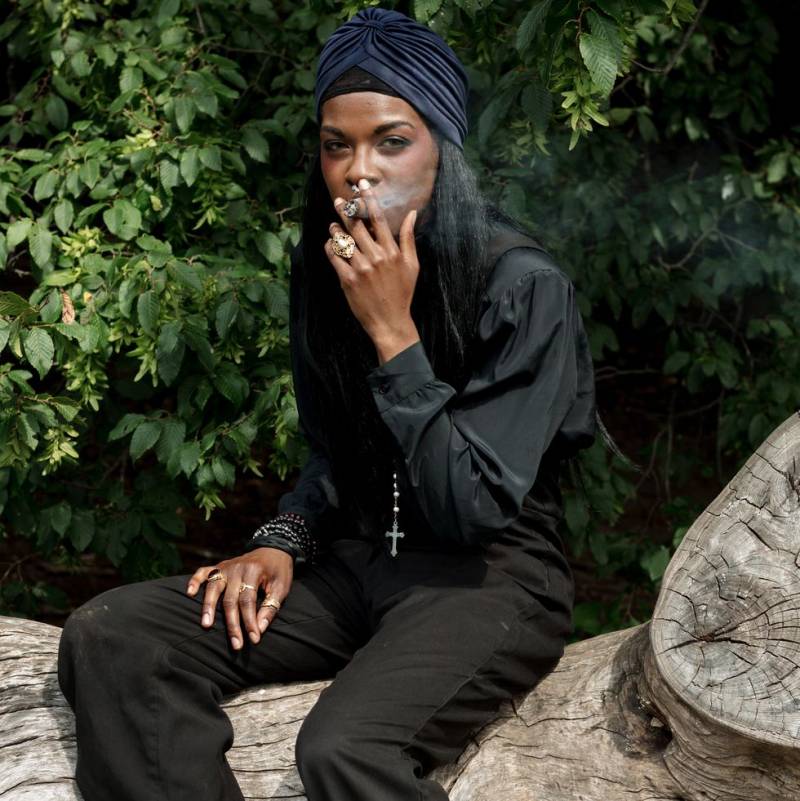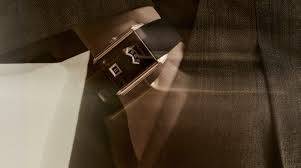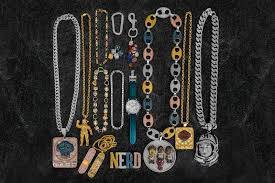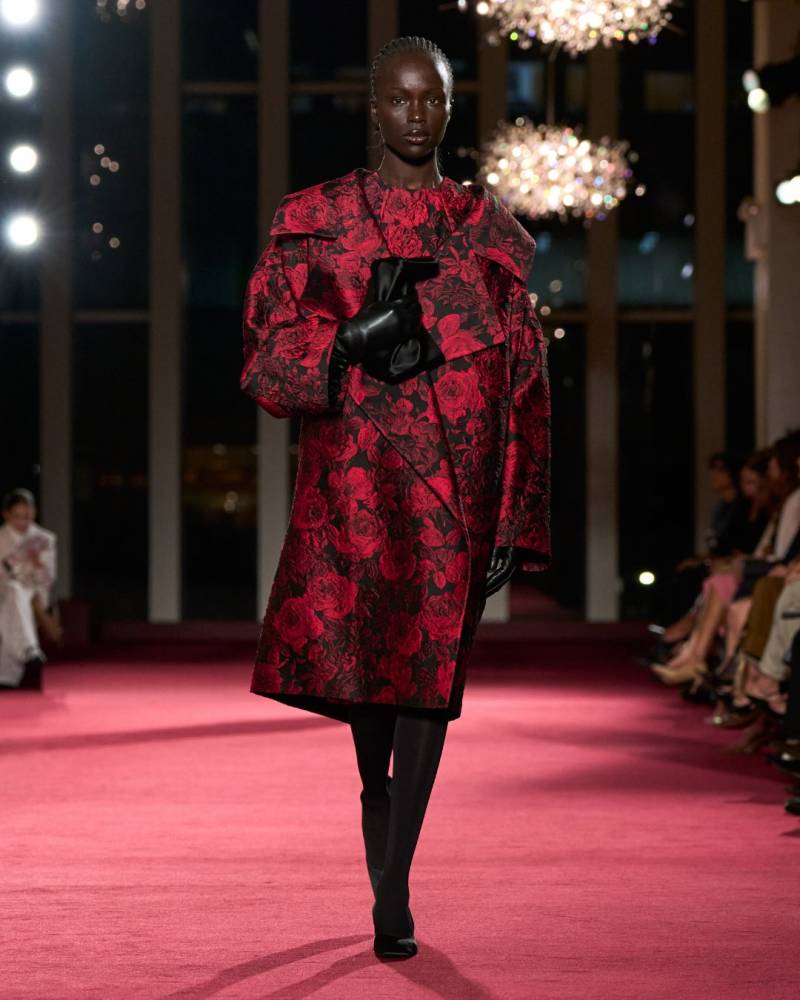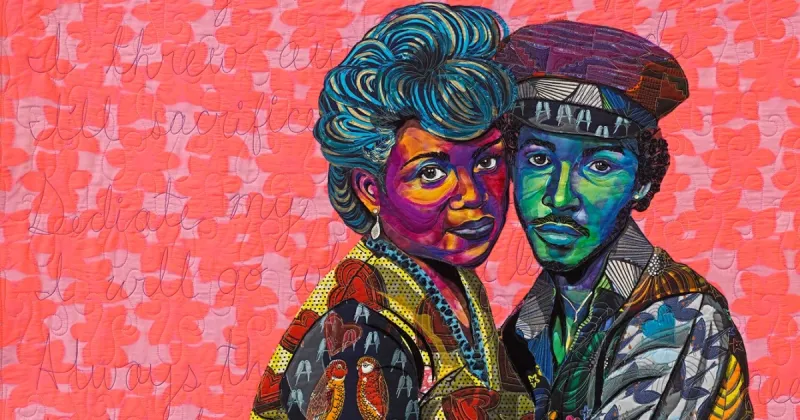Hollywood has always had a fascination with romanticizing witches, resulting in a large pool of fictional characters that run the gamut from green-faced, pointy nosed type to the Hocus Pocus trio to everyone’s favorite teenage witch, Sabrina. But most pop culture portrayals of witches perpetuate the stereotype of evil, cackling, broom-toting women that shriek dark spells. Frances Denny, author and photographer, is on a mission to demystify misconceptions about witchcraft in her portrait series Major Arcana: Witches in America.
"The word 'witch' has a place in our culture as this stereotypical, hooked nose character and I really wanted to dismantle that and put forth a representation of something slightly more complex than that," Denny told ELLE.com. "For me, the word has a kind of mysterious, internal power and self-possession. Witchcraft is usually cultivated through belief and personal practice, and much of the time is used to affect change in the world. I also think the word “witch” conjures the notion that you're resistant to the patriarchal social order."
While conducting research for her 2015 monograph Let Virtue Be Your Guide, Denny discovered that her interest in witches wasn't just a coincidence; she actually has a direct connection to the Salem Witch Trials. Denny's ancestor was a judge during that time, and another ancestor was actually an accused witch elsewhere in Massachusetts years prior.
"I filed that coincidence away while working on my book–I knew there was something juicy there that I wanted to explore," Denny said. "So I returned to it and started thinking about what the word 'witch' meant back then and then of course, I started thinking, ‘What is a witch now?’ Who is she? What does she look like?’ ”
The answer lies within Denny's portrait series, which captures images of witches from across America (on display from Oct. 4 to Nov. 24 at ClampArt in New York City), a project that took almost three years to complete. Major Arcana: Witches In America shows that the modern witch is your next door neighbor, your nurse at a hospital, your local librarian—women of all different sizes, races, and backgrounds.
Ahead, Frances Denny breaks down some of the stories behind her subjects.
Wolf (New York, NY):
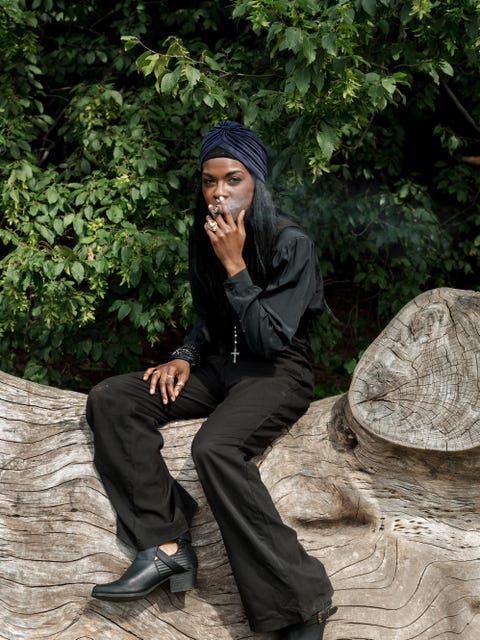
"She busted out that cigar like, 'Is it okay if I smoke?; and I’m like, 'Absolutely!' She has been identifying as a witch since she was nine years old and she told me that there were several books that were kind of an entree into her interest in witchcraft like Women Who Runs With the Wolves. Wolf is a young witch who doesn’t necessarily ascribe to one religion and doesn’t have a label for her beliefs but said it’s a balance between science and spirit. She feels most a witch when she’s with other woman. When I met her she was in a polyamorous relationship with another woman and a man."
Barbara (Oakland, CA):
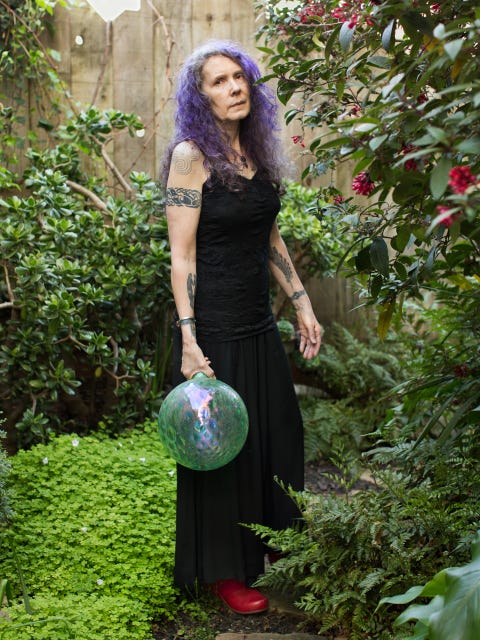
FRANCES F. DENNY/COURTESY OF CLAMPART (NEW YORK, NY)
"Barbara is a librarian. I photographed her in Oakland, CA—she’s wearing black and has red shoes on for a specific ceremony for the religion she’s apart of which is called, Open Source Order of the Golden Dawn, the pagan religion she is a part of. Barbara was raised in Massachusetts in an Episcopalian family. Growing up, she realized that she liked the form of Christian ritual but not the context. She also liked history, literature, and “old things,” and she later studied Old English and Old Irish and became interested in Irish mythology. She told me that when she was initiated into witchcraft, it felt like she was ‘coming home.’"
Erica (New York, NY):
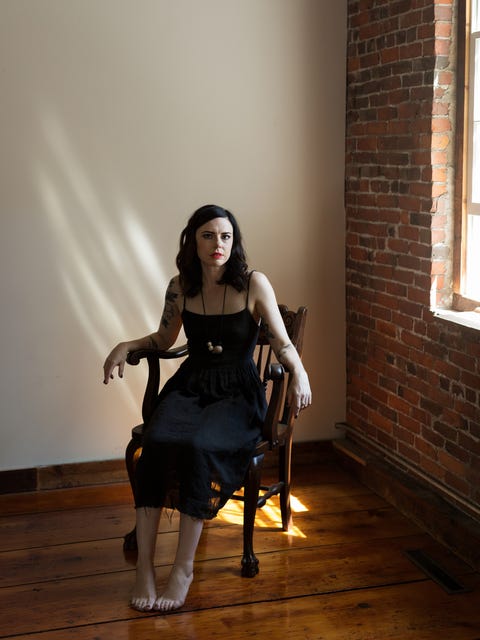
FRANCES F. DENNY/COURTESY OF CLAMPART (NEW YORK, NY)
"Erica owns this very cool store in Salem, MA called Haus Witch. It’s a shop that’s devoted to helping people heal their spaces and love their homes. They combine principles of earth, magic, meditation, herbalism, union, psychology, and interior decorating to bring healing to everyday spaces. When we were talking, she said that she doesn’t see “witch” as a religious term. For her, it’s more of a political distinction–of radical feminism and empowered femininity. She said: 'For feminism to work, we have to tap into what haunts us,' which spoke to me a lot. Calling herself a witch is a feminist declaration, a reclamation of a word.”
Deborah (Nyack, NY):
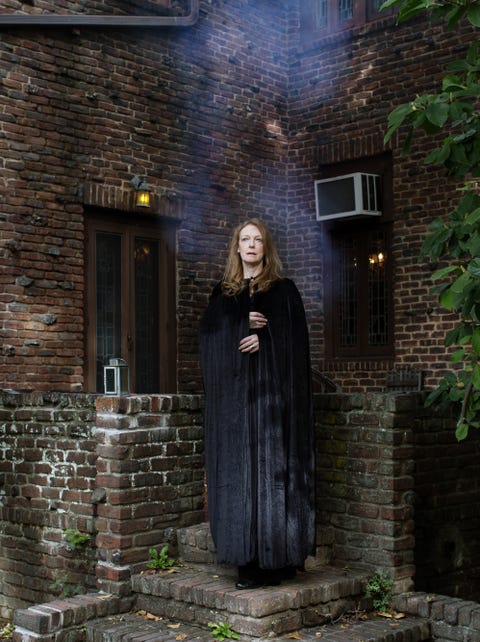
FRANCES F. DENNY/COURTESY OF CLAMPART (NEW YORK, NY)
"Deborah is a filmmaker and master acting instructor. She told me that she liked the idea that witchcraft shouldn’t be explained or demystified–despite it’s new popularity, witchcraft is still an esoteric, fringe practice. She told me that witchwork for her is about including and embracing the dark sides of ourselves so that we can face them to integrate them—like grief, sexuality, rage, etc.—and part of her job is holding darkness for others so that they can come to embrace it. She also talked about how mainstream religions are set up to disempower women. Witchcraft for is her about about taking power back. Pagan belief and goddess worship allow us not to respond to patriarchy with niceness. Her intuition helps her unburden and unblock the people she’s working with. It’s like she has an ability to see where trauma is living in people’s bodies. So she practices energy shifting and works with people to address that trauma."
Karen (Brooklyn, NY):
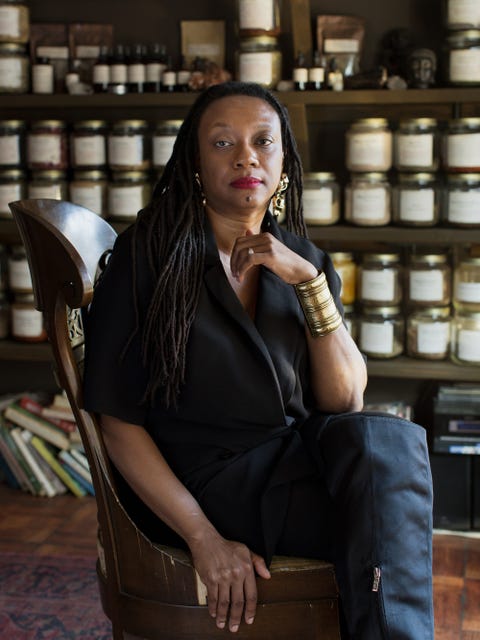
FRANCES F. DENNY/ COURTESY OF CLAMPART (NEW YORK, NY)
”Karen owns her own apothecary in Brooklyn and calls herself an "urban herbalist"—her kids call her a witch. She has practiced herbalism for 20 years. She’s originally from Guyana in South America and her parents are of Chinese, African, and American descent. Her grandfather was a plant healer, so she learned part of her craft from him. She believes integrated holistic healing is not just physical but emotional and psychological as well.
Pam (Brooklyn, NY):
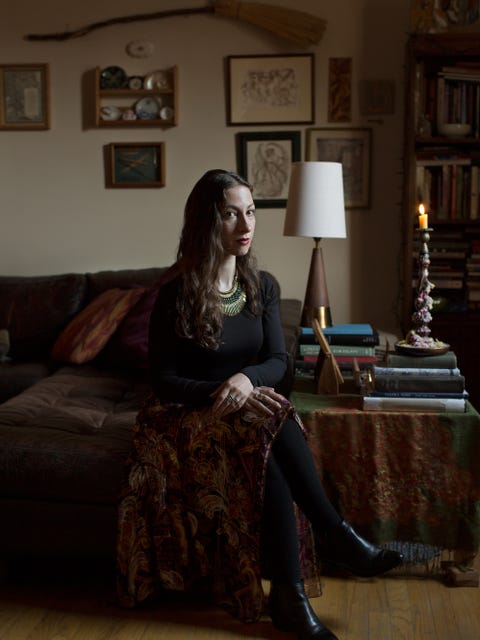
FRANCES F. DENNY/COURTESY OF CLAMPART (NEW YORK, NY)
"Pam is currently writing a book called Waking the Witch (it comes out 2019!). She’s also the creator of Witch Emoji and last year she launched a terrific podcast called the Witch Wave. She identifies as a pagan witch and has a self-defined, eclectic practice involving ritual and spell craft--and she’s an outspoken feminist. She links witchcraft to feminism and said that witches are icons of justice and freedom; they're change-makers and a catalysts for metamorphosis, transformation, and manifestation. She noted to me that a witch is the only female archetype that has meaning and power autonomous from men."
Lindsey Jo (Woodstock,NY):
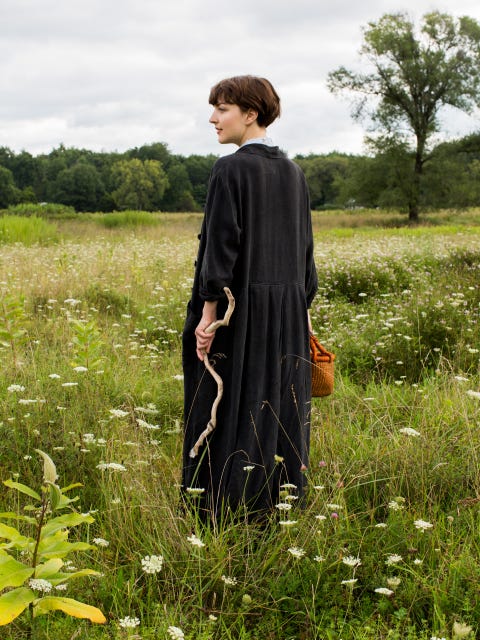
”Lindsey founded something called Moon Church in 2013 and I see it as one of the first urban witchcraft movements in Brooklyn that started gaining steam. Lyndsey Jo was interested in ghosts as a kid; growing up, she played with Ouija boards and later worked in a magic and healing shop with a witch who taught her spell-crafting, magic, and healing. Then she moved to New York City for art school but eventually dropped out. Shortly thereafter, she met a group of other young women in Brooklyn and they began to convene and host moon ceremonies and magical events. That’s what eventually became Moon Church."
Shine (New York, NY):
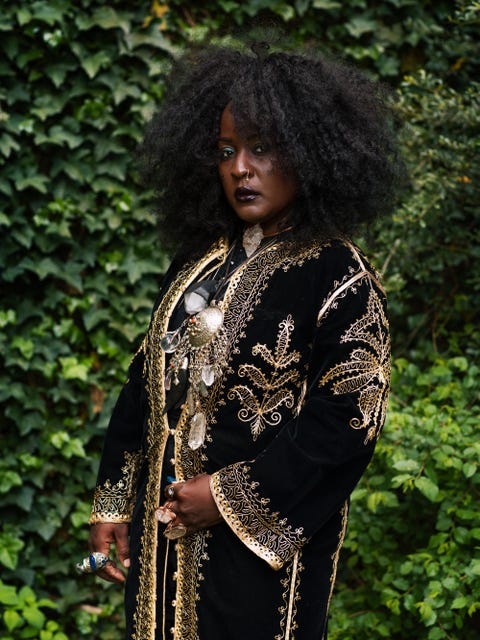
FRANCES F. DENNY/ COURTESY OF CLAMPART (NEW YORK, NY)
"Shine lives in a haunted house in the Bronx. She has seen herself as a witch since age six and nowadays calls herself a Shamanic Witch, infusing Yoruba, Egyptian culture, and Shamanic drumming into her practice. She’s not part of a coven, she’s a solitary lone wolf practitioner. She creates products like flower essences for bathing and ritual self-care products to help women awaken the 'wild feminine.' To her, the word "witch" is about reclaiming power and sensuality, as well as reclaiming what was stolen. It's a word that was once used to demonize and persecute women–but to Shine, it's about taking back power."
